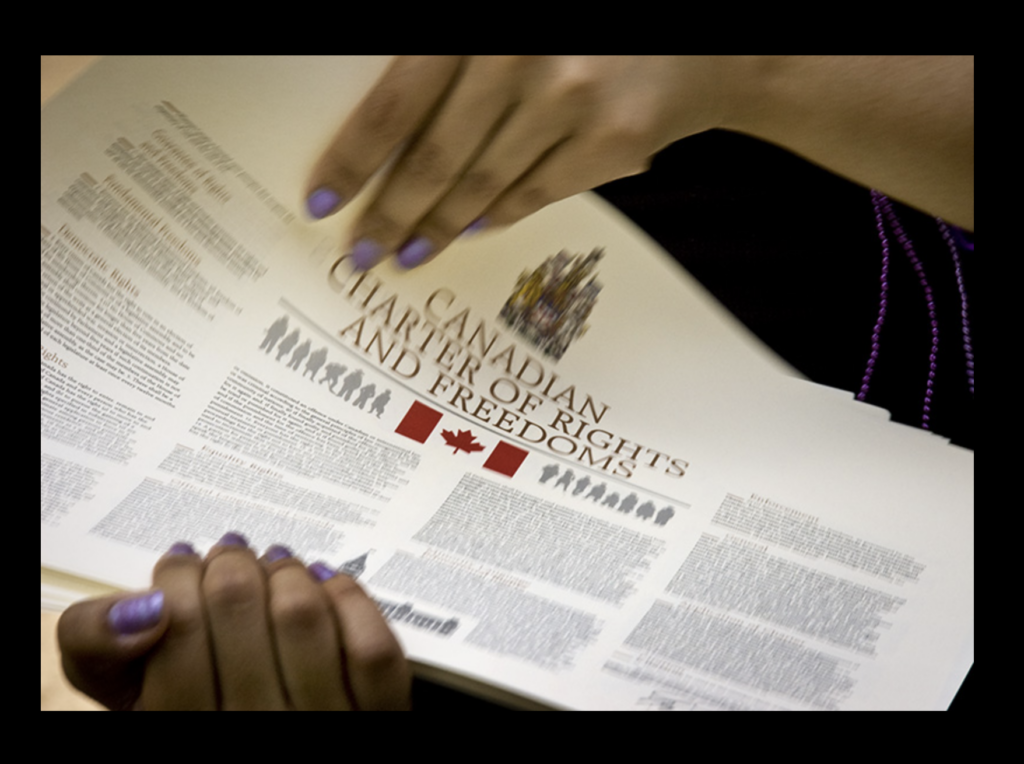Canada Evaluates the Constitutionality of Sex Work Legislation
The ongoing debate regarding Canada’s sex work laws has reached a critical point with the Supreme Court case Kloubakov v. Canada, where the constitutionality of current laws is being challenged. The case revolves around two drivers, Mikhail Kloubakov and Hicham Moustaine, both of whom were convicted for financially benefiting from and procuring individuals for sexual services. This development highlights the tension in Canada’s legal landscape following the adoption of the Nordic Model in 2014, which criminalizes the purchase of sex while decriminalizing the selling of sex. The Protection of Communities and Exploited Persons Act (PCEPA), introduced under this model, has faced significant criticism from sex worker rights advocates who argue that it perpetuates harm rather than improving safety.
The legal framework surrounding sex work in Canada was altered severely following the Supreme Court’s 2013 ruling in Canada v. Bedford, which struck down previous prohibitions related to prostitution due to their violation of the Canadian Charter of Rights and Freedoms. Chief Justice Beverly McLachlin emphasized that such laws compromised the health, safety, and lives of sex workers. In response, the Canadian Parliament hastily reinstated and expanded upon restrictions, leading to criticism that PCEPA has not adequately protected the rights and well-being of sex workers. Advocates have spent years urging legislative reform and have taken legal actions to challenge the new laws, citing the heightened risks and stigma faced by sex workers in a criminalized environment.
In the current Supreme Court case, the arguments center on whether the specific charges levied against Kloubakov and Moustaine violate constitutional protections for life, liberty, and security. Their legal team maintains that the provisions they were charged under do not align with the spirit of legal decriminalization and, instead, perpetuate dangerous conditions. Some advocates contend, however, that focusing solely on these two provisions might limit the scope of the ruling and miss the opportunity to evaluate the broader failings of PCEPA. The importance of upholding sex worker safety remains paramount, and some believe that a limited ruling could still yield tangible improvements in the working conditions for sex workers.
The complexities of the case are further complicated by the background of Kloubakov and Moustaine, who were employed by an escort business linked to human trafficking convictions. Critics argue that their convictions support the rationale for the existing laws, reinforcing the narrative that those who benefit from sex work inevitably engage in exploitation. However, the mere presence of exploitation in some instances does not justify broad laws that hinder consensual adult transactions. Moreover, the absence of trafficking charges against the plaintiffs suggests that their actions may not inherently denote an exploitative nature, inviting questions about the blanket application of anti-prostitution laws.
Existing laws create a precarious environment for sex workers, often driving them underground and limiting their ability to operate safely. Legalizing aspects of sex work could not only enhance worker safety but also disrupt the dynamics of exploitation that the laws seek to address. By permitting sex workers to collaborate with others—such as drivers or bodyguards—individuals in the sex industry could potentially mitigate risks without fear of legal repercussions. Advocates for reform argue that such measures would diminish the power of exploitative individuals by normalizing and de-stigmatizing sex work, enabling individuals to assert their rights more effectively.
As the Supreme Court deliberates on this case, the implications extend beyond the immediate legal framework; they touch on issues of autonomy, human rights, and societal perceptions of sex work. Legal changes could reshape the environment surrounding sex work, positively impacting the perceptions and treatment of sex workers. Organizations like the British Columbia Civil Liberties Association have intervened to advocate for the plaintiffs’ position, asserting that the PCEPA’s current restrictions force sex workers into untenable situations, ultimately compromising their safety and rights. The outcome of Kloubakov v. Canada could redefine the contours of sex work law in Canada, potentially ushering in a more supportive and equitable legal framework for a historically marginalized community.
Share this content:












Post Comment